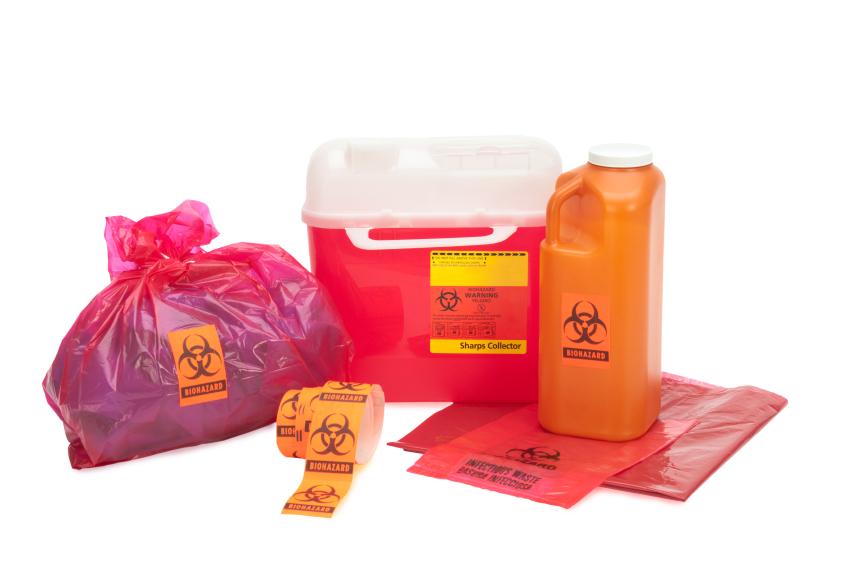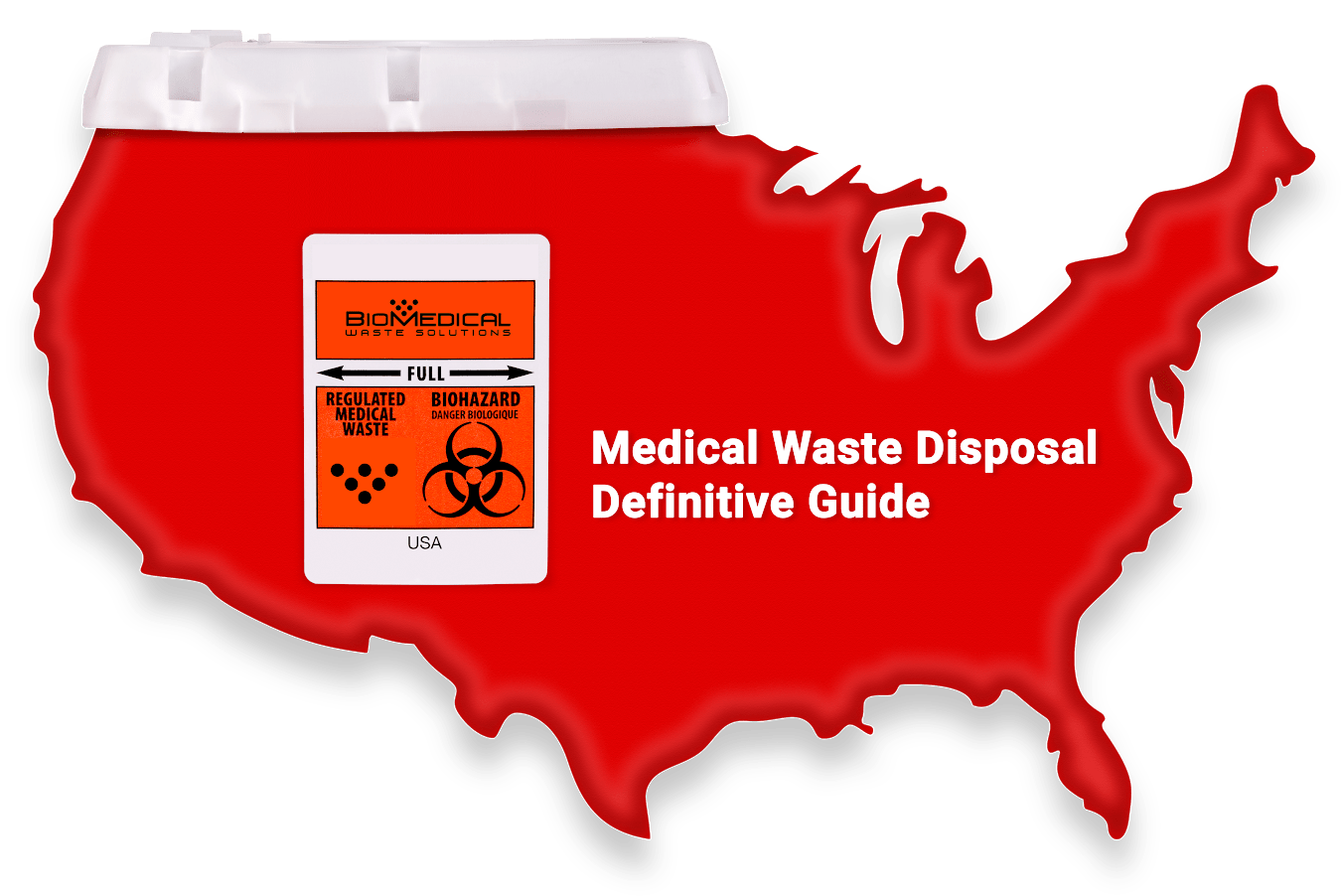Professional Solutions for Health And Wellness: Unveiling the Medical Waste Removal Service Advantage
Comprehending the Different Types of Garbage Disposal Strategies
In the realm of waste management, the variety of disposal techniques offered today is large and differed, each approach offering an unique objective in addressing the difficulty of garbage disposal. click here. From reusing techniques that intend to provide new life to products, to the elaborate procedures of contaminated materials administration, the landscape of waste disposal is complex yet critical for ecological sustainability. Comprehending the nuances of these various strategies not just clarifies the relevance of accountable waste administration but additionally prompts us to rethink our method in the direction of garbage disposal in a rapidly progressing world

Recycling Techniques
Recycling techniques are crucial for lasting waste management practices in both household and commercial setups. medical waste disposal. By carrying out effective recycling methods, a considerable quantity of waste can be drawn away from landfills, preserving natural resources and decreasing the environmental influence of manufacturing processes
In houses, curbside recycling programs play an important function in motivating houses to separate recyclable products from basic waste. Materials such as paper, plastics, glass, and steels can be sorted and accumulated for handling into brand-new items, lowering the need for resources and energy-intensive manufacturing procedures.
Industrial facilities additionally rely upon reusing methods to decrease waste generation and promote a circular economic situation. By applying closed-loop systems, businesses can reuse materials within their production procedures, minimizing prices and environmental footprint. medical waste removal service. Furthermore, industrial recycling programs frequently involve partnerships with specialized recycling facilities to make certain that materials are properly sorted, refined, and reintegrated into the supply chain
Composting Strategies

Aerated fixed stack composting entails blending organic waste materials in a large stack and routinely transforming it to make certain correct aeration. This technique is efficient for massive composting operations. On the various other hand, vermicomposting uses earthworms to break down natural matter right into nutrient-rich castings. This method is appropriate for smaller-scale operations and homes.
In-vessel composting entails positioning organic waste in a closed container with regulated problems for temperature and oygenation. Windrow composting consists of creating long rows of organic waste and routinely transforming them to promote decomposition - medical waste removal service.
Garbage Dump Disposal
Land fill disposal is a frequently made use of approach for handling waste that can not be reused or composted. Methane gas, a result of disintegrating natural waste in land fills, is typically accumulated and used as a resource of eco-friendly power. Initiatives to decrease reliance on landfills consist of promoting waste decrease, reusing, and exploring different waste disposal approaches to minimize the environmental footprint linked with traditional land fill disposal practices.

Waste-to-Energy Incineration
Incineration of waste for power generation is an approach progressively being taken into consideration as an i loved this alternative to typical garbage dump disposal methods. Waste-to-energy incineration includes the burning of waste materials at high temperatures, commonly in specialized facilities created to generate electrical energy or warm via the procedure - click here. This method not only minimizes the volume of waste that would certainly or else be destined for land fills however likewise takes advantage of the heat created during incineration to develop power
One of the vital advantages of waste-to-energy incineration is its capacity to generate electrical power while minimizing the ecological effect contrasted to standard garbage dump disposal techniques. By converting waste into power, this strategy aids in reducing greenhouse gas discharges and reliance on nonrenewable fuel sources for power generation. Additionally, waste-to-energy facilities are geared up with sophisticated air pollution control modern technologies to alleviate possible toxic wastes released throughout the burning process.
Contaminated Materials Administration

Taking into consideration the crucial relevance of liable waste administration practices, especially in the realm of environmental sustainability, the emphasis currently shifts in the direction of the intricate domain of Hazardous Waste Management. Dangerous waste poses substantial threats to both human wellness and the atmosphere, necessitating customized handling and disposal methods. Typical examples of contaminated materials include chemicals, batteries, pesticides, and digital waste.
Contaminated materials Monitoring entails the recognition, collection, transport, therapy, and disposal of materials regarded unsafe or possibly unsafe. This process needs adherence to stringent policies and standards to mitigate damaging influence on communities and public wellness. Numerous methods are used in managing unsafe waste, including recycling, protected landfills, encapsulation, and chemical therapy.
Correct Contaminated Materials Management is vital for preventing contamination of soil, water resources, and air pollution. It is vital for industries, labs, health care centers, and various other generators of contaminated materials to apply durable management approaches, training programs, and emergency reaction prepares to ensure the secure handling and disposal of these products. Failure to take care of dangerous waste properly can have significant effects, underscoring the importance of accountable and attentive methods in this area.
Final Thought
In verdict, waste disposal strategies play an important function in managing and reducing the effect of waste on the environment. From reusing and composting to land fill disposal and waste-to-energy incineration, each technique has its own advantages and restrictions. Appropriate monitoring of contaminated materials is likewise necessary to protect public health and the atmosphere. It is necessary for people and industries to understand the various garbage disposal strategies offered and choose one of the most ideal approach for sustainable waste management.
In the world of waste management, the variety of disposal methods available today is substantial and differed, each technique serving an unique objective in dealing with the challenge of waste disposal. click here. From reusing methods that aim to offer brand-new life to products, to the elaborate procedures of harmful waste management, the landscape of waste disposal is intricate yet essential for ecological sustainability. Recognizing the nuances of these different techniques not only loses light on the significance of responsible waste administration but additionally prompts us to reassess our strategy in the direction of waste disposal in a rapidly developing world
Efforts to minimize reliance on garbage dumps include advertising waste reduction, reusing, and exploring alternative waste disposal methods to decrease the ecological footprint linked with typical garbage dump disposal practices.
It is important for people and markets to recognize the different waste disposal methods readily available and pick the most ideal approach for sustainable waste administration.